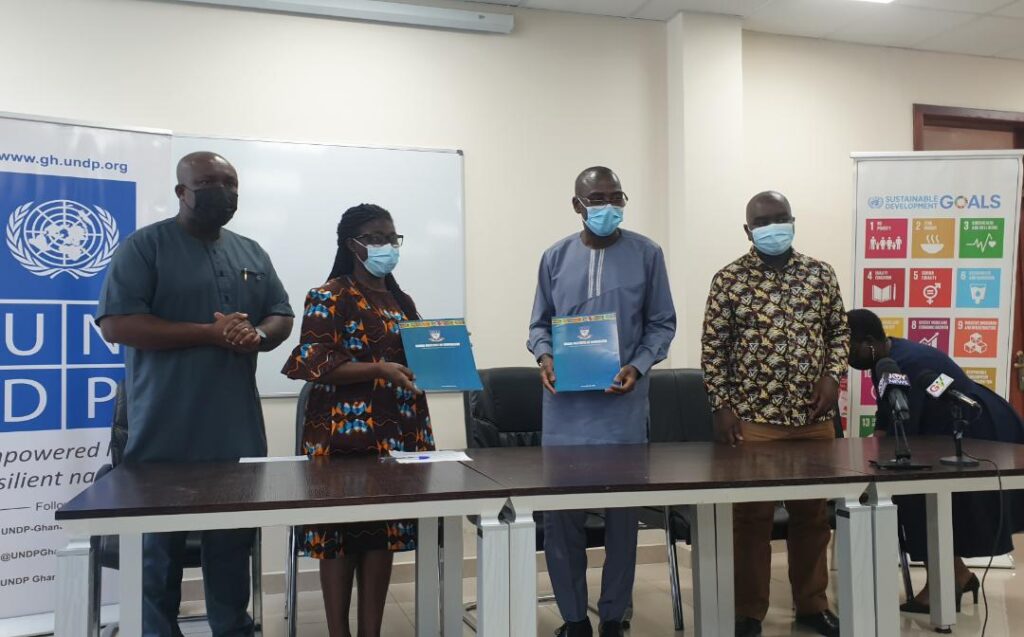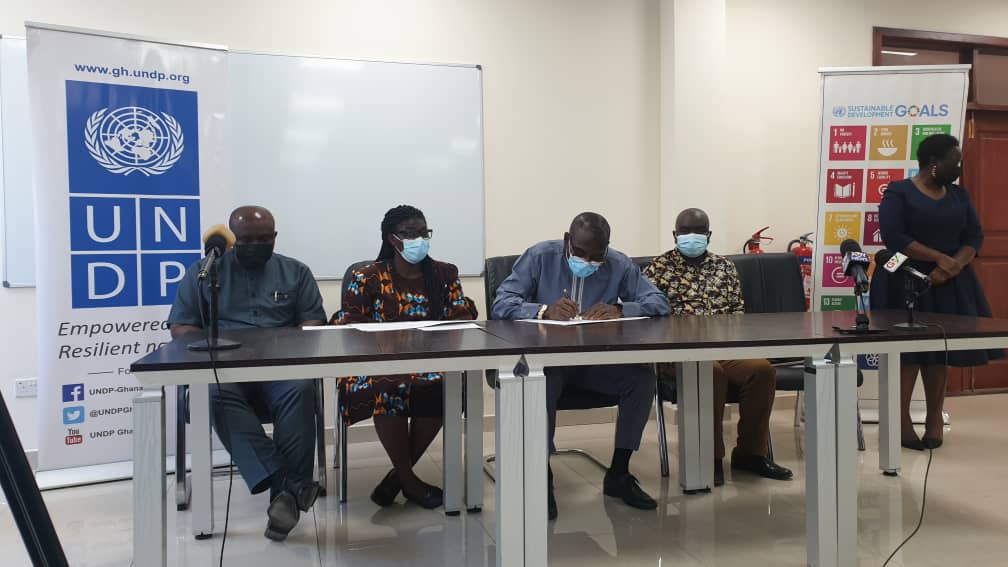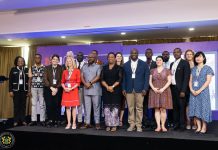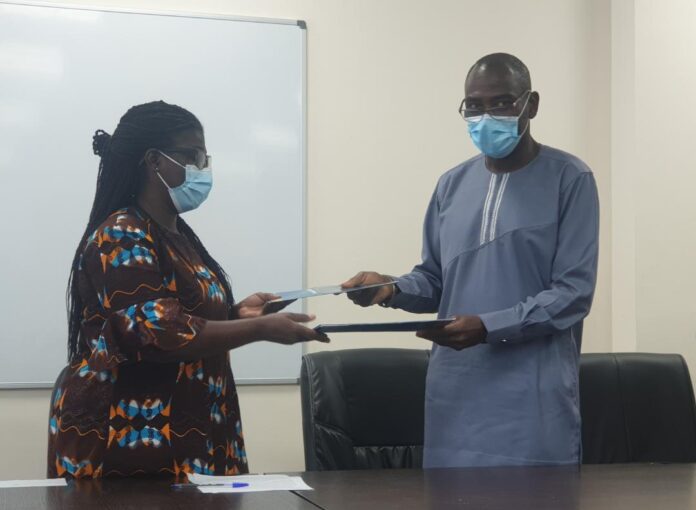Proficiency in data gathering analysis, manipulation, and visualisation has become an important skill in today’s data-driven world.
Digital technologies have significantly altered how journalists produce and use statistics laden information and present the same to the audience.
Stories about inflation rates, election results, diseases, telecommunication – all revolve around numbers.
For journalists to ably report these issues and perform their watchdog functions, they need to possess basic numeracy and data analysis skills and knowledge to interrogate the activities of the aforementioned agencies.

In this regard, United Nations Development Programme (UNDP) and Ghana Statistics Service (GSS) have partnered with the Ghana Institute of Journalism (GIJ) to carry out media capacity development and certification in statistical data communications.
This is to enhance journalists’ reportage of statistical data and equip them to be able to advocate for data-driven policy decision-making, planning, monitoring and evaluation.
Speaking at the signing of MoU, Dr Frederick Mugisha, UNDP Economic Advisor, Ghana, said, the training became a priority when media partners made a request to UNDP last year during media training on statistical communications following the release of our COVID-19 Business Tracker.
According to him, Journalists as the bridge between policymakers and the general public on one hand and data producers such as the GSS on the other hand.
Hence, this certification programme will strengthen the capacity of journalists to interpret statistical data accurately, advocate and cause more social changes through their reportage.
He then commended the Ghana Institute of Journalism (GIJ) for partnering with them to carry out this media certification in data storytelling to enhance the capacity of our media partners to report accurately on statistical data.
Director of Censuses and Surveys Mrs Abena Osei-Akoto was on the view that, the training will improve the type and quality media reporting of official statistics; also in providing further background to information when important and newly available statistics are released and new statistical methodology adopted.
She lauded GIJ and UNDP for the partnership to help improve educate the populace on the use of basic statistics to help propagate the growth and development of the economy.
On his part, Prof. Kwamena Kwansah-Aidoo, Rector GIJ, assured that the programme will be carried out well to deliver its mandate.
” I can assure you that our position within the media education and training space and capacity to deliver this training is second to none. We have well qualified and experienced staff not just deliver what is required of us, but to go the extra mile, with hundred per cent client satisfaction guarantee”, he said.
About The Training
The training will be organised in 3 levels:
•The Basic Or Foundation Level: This will introduce participants to the fundamental concepts in data storytelling, sources of data and use of data to enrich the storytelling.
•The Intermediate Level: This will allow participants to learn data entry, coding and analysis, using Microsoft Excel, SPSS, Google Sheets and other statistical tools to analyse data in tabular and graphical form.
•The Advanced Level: This will mainly focus on data visualisation and give participants hands-on skills on how to use data visualisation software to generate charts, tables, graphs, maps, infographics and dashboards and turn it into a compelling story.
About the certification, the start date of the programme will begin on the 6th of September and end on 22nd November 2021. Each certificate level would run for three months (12 weeks). Four (4) modules will be treated at every certification level.
The four modules are: Introduction to Data Storytelling, from Data to Story, Working with Numbers and Presenting Data to the Public.








































